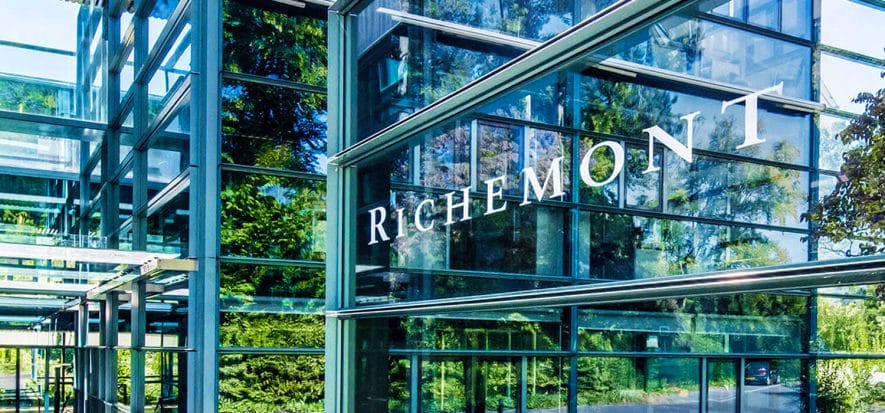Revenues coming from online sales rescue Richemont’s leather goods balance sheet. In fact, at the end of the financial year, closed on March 31, the Swiss giant reached 13.989 billion euros, in terms of earnings coming from sales, which therefore increased considerably, by 27%. Leaving aside YNAP and Watchfinder, over the year sales have been raising by 8% at fixed rates of exchange, mostly driven by jewellery and watches, whose business has been expanding in all areas, except for Middle East and Africa. After stock revaluation of YNAP, prior to any takeover bids, earnings went up by 15%, while operating profits increased by 5% (that is, 1.943 billion euros). As for Leather Goods, sales decreased by 2% at fixed rates of exchange (769 million euros); in contrast, considering the performance achieved by the online channel, the business trend has been growing by 79% at fixed rates of exchange. That means, in other words, that online suppliers currently account for 45% of the overall sales in the business segment. For the records, Richemont include leather goods manufacturing in the “Other” category, whose sales have been increasing by 2% overall. Leaving aside divestments (Lancel), fashion and accessory brands, whose business has been expanding in all areas, enjoyed a boost by 5%; despite that, operating losses reached up to 100 million euros. In fact, Lancel transfer heavily affected the brand’s turnover, as net expenses amounted to 58 million euros. In their press release, Richemont emphasized the “good” accomplishments achieved by Montblanc and Peter Millar golf brand. Lancel divestment affected retail sales, whereas online sales have been doing great especially in Europe and in the Americas, most of all Chloé and Azzedine Alaïa.
Richemont, what a rewarding turnover indeed (+27%): bags not at the top though










